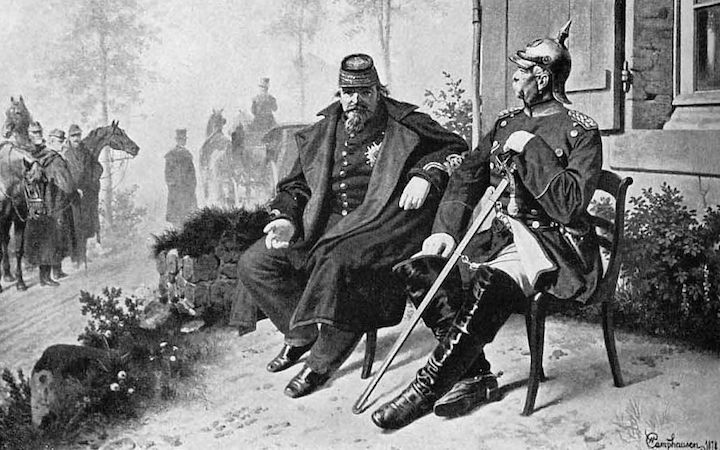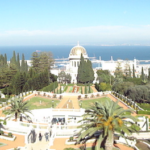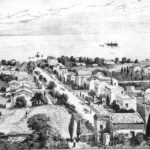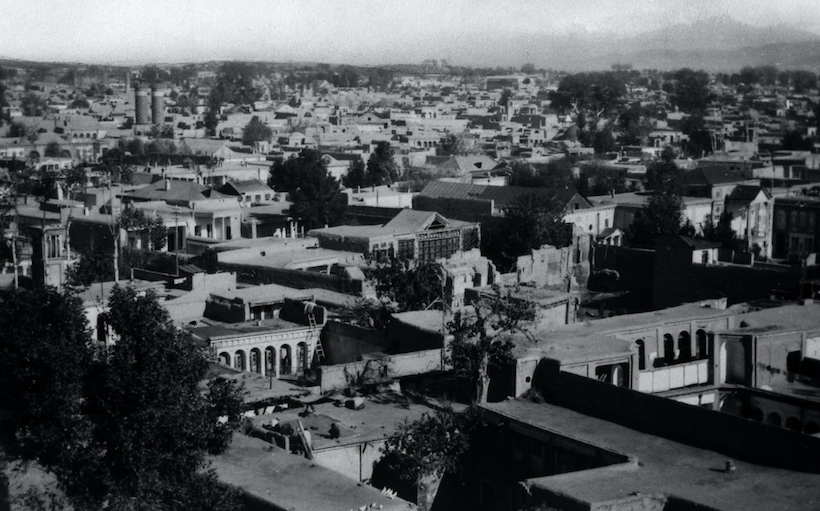
To the Rulers of Society: the Summons of the Lord of Hosts
 A number of articles have already noted that Bahá’u’lláh wrote to the rulers of society. For example, the Suriy-i-Haykal – the Tablet of the Temple; articles such as the article on justice; Against Persecution of Minorities, and the Sultan’s Puppet Show. Many of these letters are collected in a book entitled The Summons of the Lord of Hosts. There are also a number of passages addressed to governing institutions in Bahá’u’lláh’s Most Holy Book, the Kitab-i-Aqdas.
A number of articles have already noted that Bahá’u’lláh wrote to the rulers of society. For example, the Suriy-i-Haykal – the Tablet of the Temple; articles such as the article on justice; Against Persecution of Minorities, and the Sultan’s Puppet Show. Many of these letters are collected in a book entitled The Summons of the Lord of Hosts. There are also a number of passages addressed to governing institutions in Bahá’u’lláh’s Most Holy Book, the Kitab-i-Aqdas.
Among Bahá’u’lláh’s letter to the rulers of society is the “Tablet to the Kings” addressed to rulers collectively – while Bahá’u’lláh also wrote individual messages addressed to rulers such as Pope Pius IX, Napoleon III (Emperor of France), Czar Alexander II of Russia, Queen Victoria and Nasiridin Shah and others.
These messages, among other things, inform the rulers of society of Bahá’u’lláh’s mission. However he has no expectation that they will accept his announcement. The world was not ready. He thus in the Tablet of the Temple, which Bahá’u’lláh uses as a framing narrative for some of these messages, Bahá’u’lláh writes:
O Temple of the Cause! Grieve not if Thou findest none ready to receive Thy gifts. … Be patient in the Cause of Thy Lord, for erelong shall He raise up sanctified hearts and illumined eyes who shall flee from every quarter unto Thine all-encompassing and boundless grace.[1]
In his messages to the rulers, having rejected his call, he urges them to the Lesser Peace, for the welfare of their people. He makes clear both that he has no interest in temporal sovereignty, and that he rejects disorder and counsels obedience to those who wield such sovereignty.
He urges rulers to be just in their rule, to promote peace, to effect disarmament and to care for the poor.
Among the calls he makes to governing institutions is a call for the establishment of a common world language. He urges parliaments to dedicate themselves to the welfare of humanity as a whole.
In his message to Pope Pius IX (at a time when the Pope still ruled territory in Italy), he urges the Pope to abandon temporal sovereignty (a sovereignty that had lasted for a 1000 years). Not long afterwards the last remnants of that temporal sovereignty vanished when troops of the new nation of Italy entered the city of Rome.
Napoleon III of France was among a number of sovereigns who received prophetic warnings. In his case, Bahá’u’lláh predicted:
For what thou hast done, thy kingdom shall be thrown into confusion, and thine empire shall pass from thine hands, as a punishment for that which thou hast wrought. Then wilt thou know how thou hast plainly erred.[2]
Precisely this befell Napoleon III when the Germany unexpectedly defeated the French Empire at the Battle of Sedan, as a previous article has explored.
Image: Napoleon III with Bismark, after his defeat by German forces at the battle of Sedan.
(This article is the 105th in a series of what I hope will be 200 articles in 200 days for the 200th anniversary of the birth of Bahá’u’lláh. The anniversary is being celebrated around the world on 21 and 22 October 2017, The articles are simply my personal reflections on Bahá’u’lláh’s life and work. Any errors or inadequacies in these articles are solely my responsibility.)







